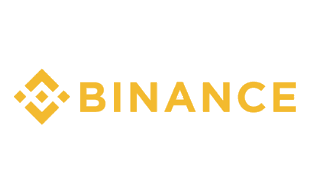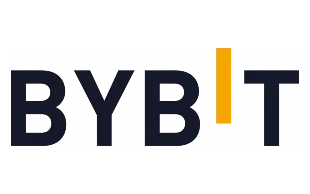Kraken Cryptocurrency Exchange
Supported cryptos
Fiat currencies
Kraken is one of the longest-running platforms in the industry. It's also a feature-rich exchange that puts a strong emphasis on education, which is why it won Finder's 2022 Crypto Trading Platform award for best global crypto exchange.
Kraken is popular with over 9 million users and has a daily trading volume of US$500 million, which makes it one of the world's largest exchanges. But for overall features and trading tools, Kraken really excels. It's clearly made for traders, but it doesn't leave novices behind.
Kraken has a broad range of staking options and advanced trading features. It prides itself on offering low spreads and providing deep liquidity across markets. This means that you don't need to worry as much about slippage.
While new traders may feel daunted by the exchange at first, the large variety of guides Kraken offers can help anyone learn about cryptocurrency and how to trade it. Meanwhile, more experienced traders will appreciate the platform's easy-to-navigate user interface (UI). They'll also be pleasantly surprised by how straightforward it is to trade and manage assets via the platform.

- 200+ supported coins
- Launched in 2013 — one of the longest-running crypto exchanges
- Low fees for active traders
- Earn yield through staking
- High-quality educational guides and tools
- Doesn’t allow INR deposits
- Higher fees for credit card purchases
- No crypto debit card available for spending, unlike some alternatives
| Deposit methods | Bank transfer, Credit card, Cryptocurrency, Debit card, Apple Pay, Google Pay |
|---|---|
| Deposit fees | Fees vary |
| Withdrawal fees | Fees vary |
| Trading fees | Maker: 0.00-0.16% Taker: 0.10-0.26% |































